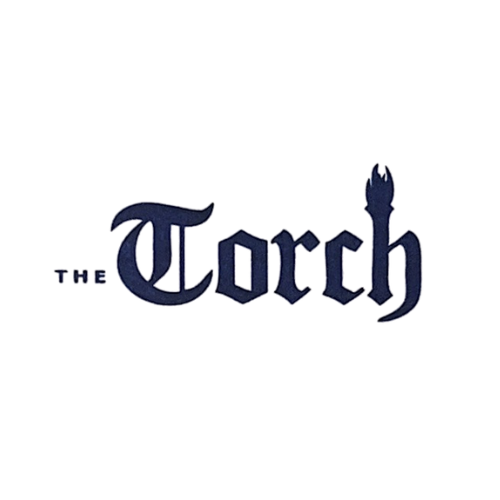By Kat Tabor

On Oct. 22 and 23, the Center Building at Lane Community College was the site of a busy club fair hosted by the Council of Clubs. Over 25 campus clubs and organizations participated, representing various interests for students to explore. Held once each term, the fair allows students to discover activities and communities across campus in this two-day event.
With more than 250 attendees, the fair featured clubs focused on various themes, including yoga, gaming, cultural interests, climate justice, academics and more. Students engaged with club representatives, learned about meeting schedules and signed up for future events. By interacting with different groups, students could find spaces to connect with others, try out new activities, and build connections.
Dr. Blue Crook, faculty advisor for the Phi Theta Kappa (PTK) Honor Society, said, “PTK had a great time at the fair. Everyone is welcome at PTK events, so folks who aren’t yet eligible or not yet members are welcome to attend.”
Crook said that the club does two projects every year — a service project for the college, and a research project with a community service component. Crook added, “It’s a great group to join if you are interested in getting leadership experience or just getting more involved at Lane. ”
PTK officers are available in Center Room 429 for those interested. More information about this organization can be found here on LCC’s PTK webpage.
To encourage participation, students were welcomed with a piece of paper cut into a leaf shape where they could write their name and then exchange it for a mystery bag at a club’s table of their choice. This activity encouraged students to approach different tables and connect with representatives from groups they might not have considered. The mystery bags contained small items related to each club, adding an element of surprise and interest.
The club fair also provided a setting for students to meet others with similar interests, whether those involved in wellness activities like yoga or social & identity groups like the Gender and Sexuality Alliance (GSA). The setup made it easy for students to find groups that aligned with their interests and goals, allowing them to explore personal or academic interests in a structured way.
GSA President Freedom Browne expressed excitement over the turnout, sharing that their group gained over 20 new members. Browne said, “It felt like the alliance was finally able to bounce back from COVID-19 thanks to this club fair.”
In addition to established groups, the Council of Clubs welcomed newly forming groups, providing support to help them grow. A workshop was held the week before the fair, where students learned the steps needed to create an official club. During this workshop, the council provided tri-folds, markers, and other materials for tabling, along with a small budget of $25 to help new groups prepare for the fair. These resources allowed new clubs to attract members and launch on campus with guidance.
The Council of Clubs plays a vital role throughout the year, supporting a solid club culture at LCC. They organize events, offer resources, and guide students interested in building or joining clubs. The council holds regular public meetings on Wednesdays from 4 to 6 p.m. in the Student Life and Leadership office, Center Building, Room 201. Here, students can discuss ideas, ask questions, and participate in decisions that affect campus groups.
The benefits of the club fair extend to the college’s faculty and staff, who often serve as advisors for these organizations. Becoming a registered club through student life and leadership requires faculty advisors. Advisors help club officers and members develop skills like leadership, organization and teamwork, and their guidance helps clubs make an impact on campus. This support structure enhances each club’s ability to connect with the campus community and contribute to student life at LCC.
The Council of Clubs website provides details on requirements for students who want to join or start a club. These include the need for club officers, a minimum of five active members, and a faculty advisor, who can be classified as staff, managers, or instructors. The website also has contact information and resources for students who need help starting a club or finding more information on joining existing ones.



